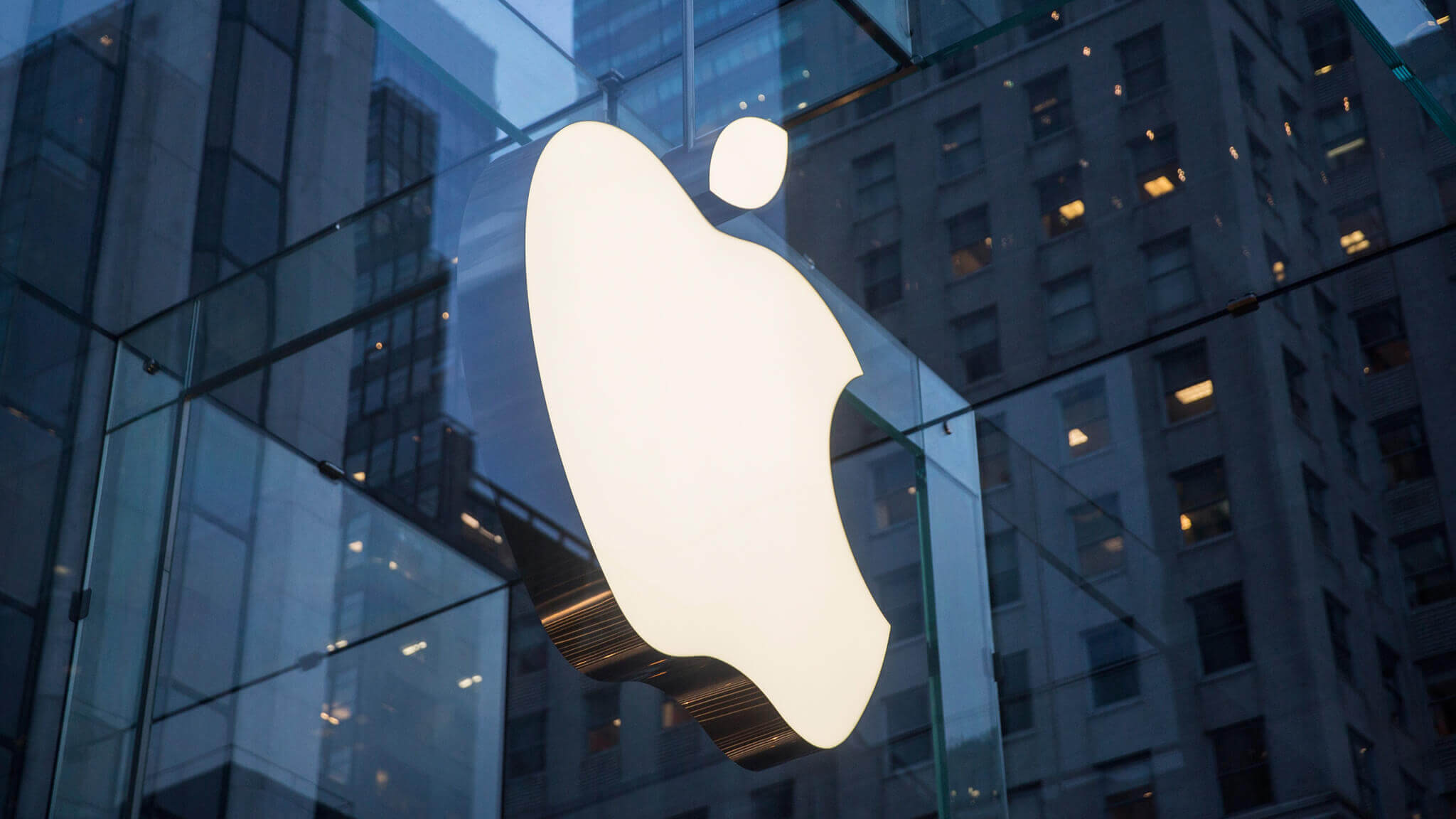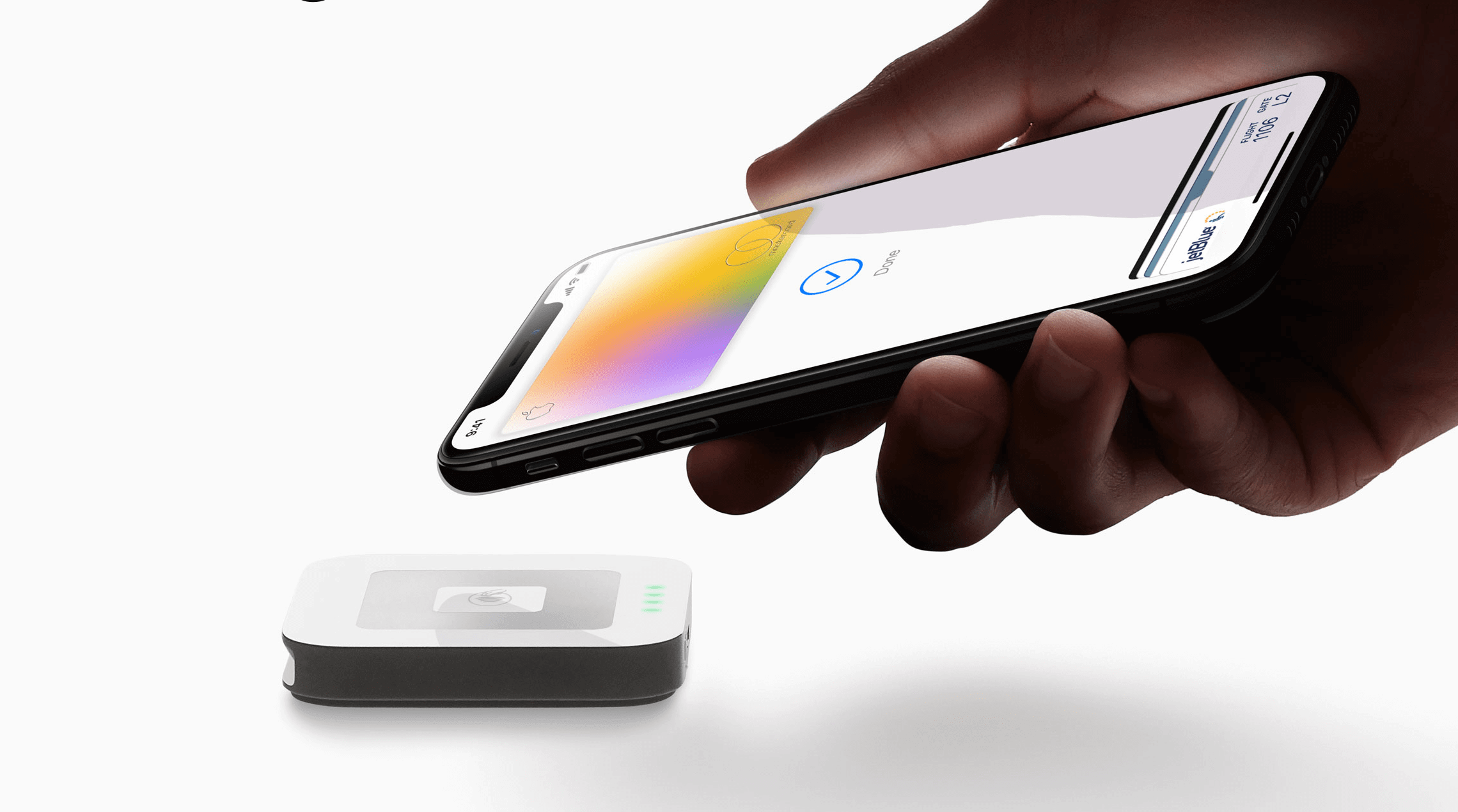In brief: Apple Pay currently makes up 5 percent of global transactions, and analysts strongly believe it could double by 2025. The company's service launched in 2014, and is looking increasingly capable of competing with payment giants like Paypal, not to mention helping Apple grow its revenue in the face of slowing iPhone sales.

If we look at its latest financial report, Apple still makes most of its money from iPhone sales, which remain strong in the face of longer replacement cycles. However, buried in the details is one of the company's most successful bets - Apple Pay, which is expected to make up ten percent of all card transactions by 2025.
It's easy to overlook this in Apple's quarterly reports, since the company chooses to lump together numbers for all of its services. But when you think about it, there are now 1.5 billion Apple devices in use, and the convenience of Apple Pay coupled with growing support at retailers and other services makes it a particularly attractive option for mobile payments - so much so that no less than 15 billion transactions have been made through it.
According to a Quartz report citing analysts from research firm Bernstein, Apple Pay is currently used in around five percent of global card transactions, which makes it look increasingly capable of taking on established payment processing services like PayPal, which has been expanding in Asia and snapping up companies left and right, such as comparison shopping service Honey and payments startup iZettle.

Apple's new focus is on monetizing its loyal customer base with services, and taking a slice of the $1 trillion payments industry could help its growth story. The Cupertino giant's services division made more than $12 billion in revenue in the last quarter of last year, and the company is even looking into bundling all of its services to attract more users. Making Apple Pay work well with most apps and services would further amplify revenue generated within its ecosystem.
The ecosystem advantage can't be overstated, since Apple doesn't expose NFC payments to other payment services. In the US, Apple Pay has already surpassed Starbucks, Google Pay, and Samsung Pay as the most used mobile payments platform. But as the service is expanding in Asia and Europe, it faces challenging legislation like that passed by Germany which forces Apple to expose its NFC chip to competing mobile payment services. In China, it has relatively slim chances of competing with QR code-based services offered by Tencent and Alibaba.
Overall, Apple Pay looks set to fuel contactless transactions worldwide, which are estimated to reach $6 trillion by 2024. If we consider that banks pay Apple 0.15 percent of every transaction, the case can be made that Apple Pay could soon become a multi-billion dollar business. And if that doesn't happen, there's always Apple Card.
https://www.techspot.com/news/83991-apple-pay-makes-up-5-percent-global-card.html